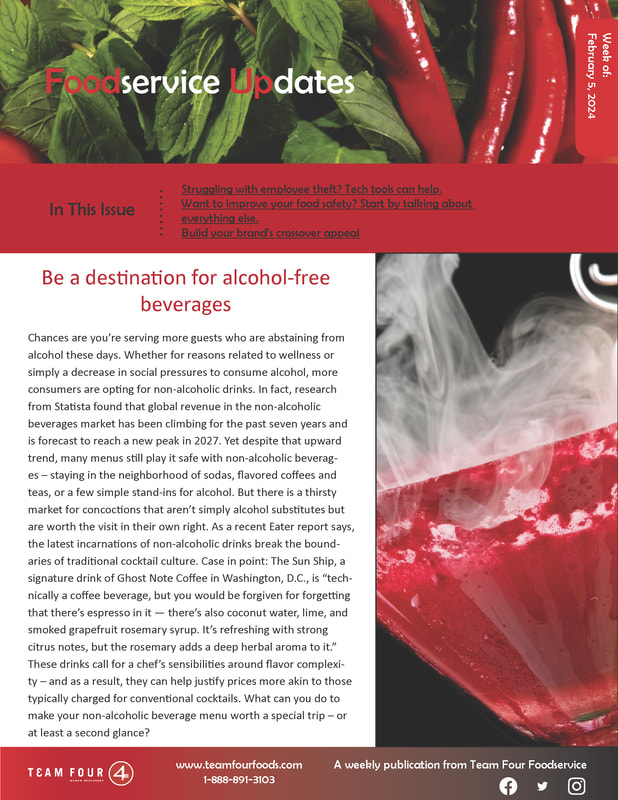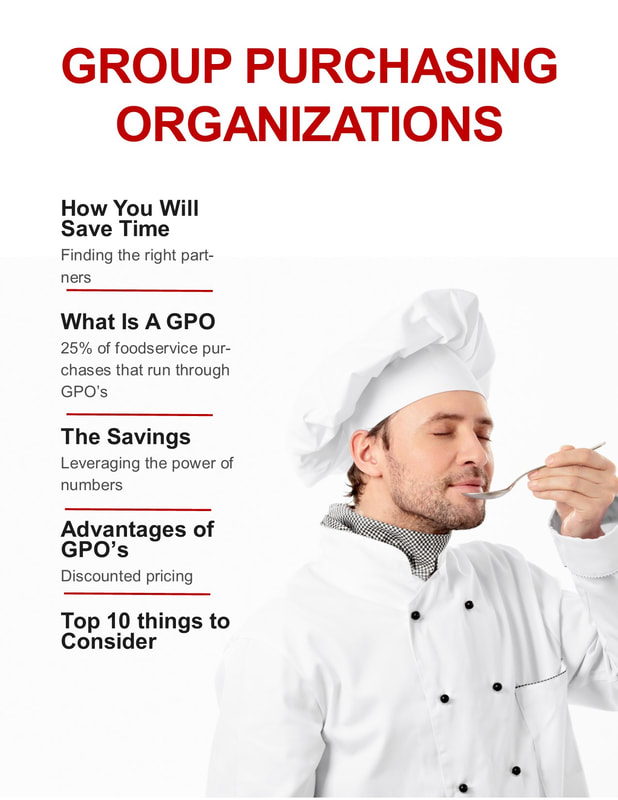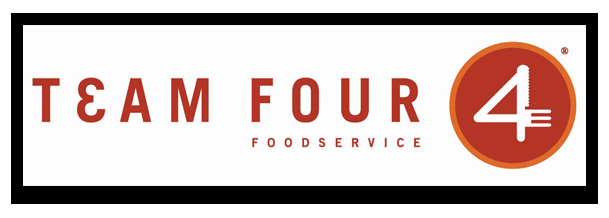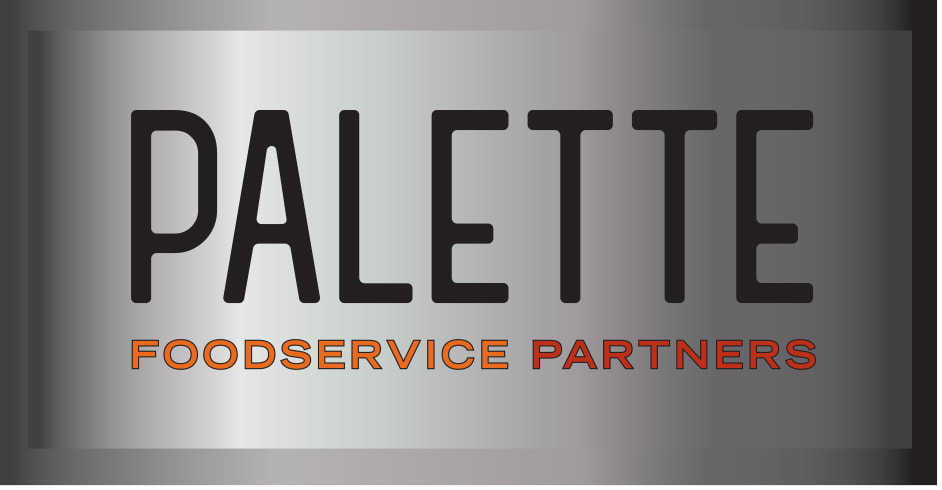 As much as we all hoped and expected this summer would represent a return to pre-pandemic gathering and eating out, the delta variant has had other plans in store for many parts of the country. Restaurant operators, again, have been put in the challenging position of having to be enforcers of ever-fluctuating state and local regulations – all while continuing to juggle ongoing labor and supply shortages. If you haven’t already, it’s a good time to take a look back at your early-pandemic playbook and identify income streams that might help you weather the current challenges. That could mean posting new products for sale on your website, offering cocktails to-go if allowed in your state, and promoting family-style meal packages for guests who crave your food but aren’t yet comfortable eating out. Consider how your restaurant might adapt to the current situation of local consumers – whether that be a continuation of working from home or the beginning of hybrid work. Try to create stability, wherever possible, for both guests and staff. That could involve sticking with delivery and takeout service only (at least for the time being) or operating on a limited but set schedule. While it may feel like you’re missing opportunities to generate sales, guests and employees alike are likely to value predictability. Your loyalty program may help you here too. Do you want to boost visits on particular days and times? Increase your carry-out business while dine-in business is uncertain? Consider how you can incentivize your most loyal guests to help you keep business humming.  Not so long ago, a food truck was often perceived as a potential means for a fledgling restaurant concept to develop a following with the public before launching a brick-and-mortar location, or for a smaller independent restaurant to spread its brand awareness. Now, established brick-and-mortar brands are looking to food trucks as a way of modernizing to suit the constraints of the Covid era. Take Au Bon Pain. Nation’s Restaurant News reports that Tabbassum Mumtaz, the CEO of Ampax Brands, which is the new franchisor of the Au Bon Pain bakery and café brand, considers food trucks – along with ghost kitchens – to be important tools that the brand can use to modernize itself. Research from IBISWorld found that from 2016-2021, the food truck industry has grown at an annualized rate of 7.5 percent, surpassing the growth of the broader foodservice sector. To be sure, food trucks have their disadvantages – at the time of this writing, most small, independently owned food trucks weren’t eligible for the Paycheck Protection Program or Economic Injury Disaster Loans. However, they do offer a key advantage – namely flexibility – that happens to suit the current times extremely well. While the pandemic has decreased demand for food truck business in office parks, it has increased opportunities for it in residential neighborhoods, hospital and grocery store parking lots, and highway rest stops. |
Subscribe to our newsletterArchives
April 2024
Categories
All
|




 RSS Feed
RSS Feed